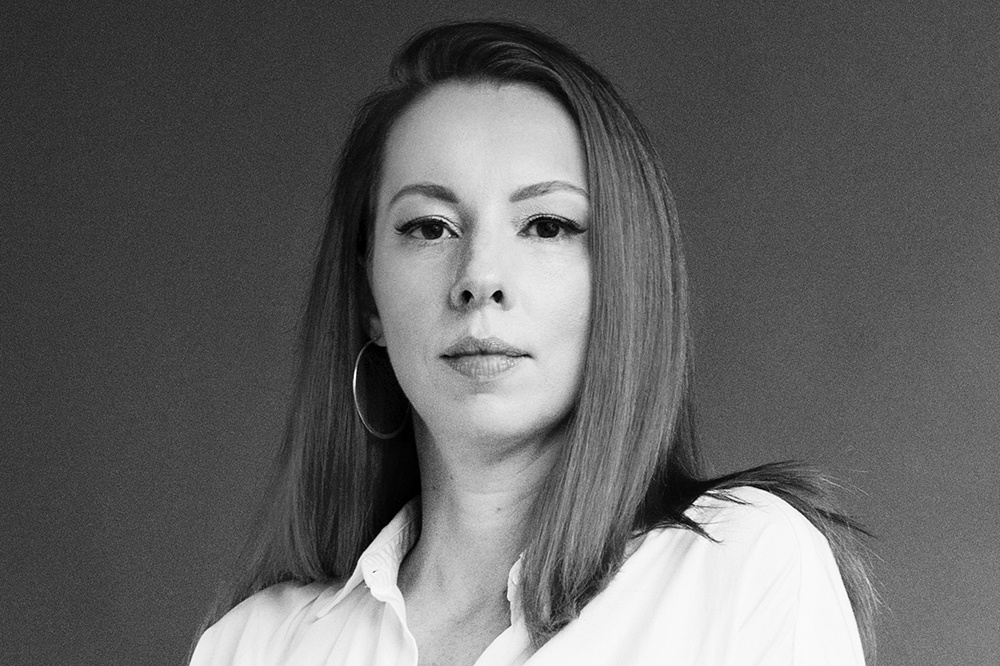This week, three Canadian writers launched a petition demanding the Toronto Public Library cancel a room rental for a sold-out event, ‘Gender Identity: What Does It Mean for Society, the Law, and Women?’ Sounds frightening, I know.The local women organizing the event, a group called Radical Feminists Unite, asked me in June if they could bring me to Toronto to speak about gender identity legislation and women’s rights, unhappy that the debate was not being given space in their city. This is not an uncommon sentiment. The events I have been asked to participate in generally have been organized by regular women who have serious concerns about how gender identity ideology and policy could affect, and already is affecting, women’s sex-based rights. Canada in particular has been resistant to this discussion. Due to media blackouts, harassment, bullying, threats of violence, smear campaigns, censorship, and ostracization, a few brave women have had to force the conversation, at great risk. In January, a couple women took it upon themselves to organize an event in Vancouver, ‘Gender Identity Ideology and Women’s Rights.’ These women had no budget, no public or political power, no history in activism or organizing events, and no agenda, other than to open up a conversation they feel is desperately needed. The panel, held at the Vancouver Public Library, featured me and two other longtime feminist activists with impeccable records fighting male violence against women. The organizers and I received numerous death and rape threats, were protested, and were libeled by politicians and the media. The VPL forced us to move the event after hours (to 9:30 p.m. on a weeknight), claiming that protesters posed a risk to patrons and staff. They attempted to charge us thousands in security fees in an effort to pressure us to choose another venue, surely aware we didn’t have that kind of budget. The chief librarian, Christina de Castell, issued a statement saying the library did not agree with ‘the views of Feminist Current,’ my website. Castell did not say which views the library disagreed with (protecting women’s sex-based rights or the idea that sexist gender stereotypes are not innate?), but regardless, she should not have taken a position, as a representative of a public institution meant to be neutral, nor should she have spoken on behalf of the VPL, as not everyone at the library is in agreement with her apparent opposition to both biology and women’s rights. Vancouver’s mayor labeled me ‘despicable’. Canada’s national public broadcaster, the CBC, located across the street from the library, refused to cover the event or contact me for comment, despite hosting a panel prior to the event, speculating whether panelists might say anything constituting ‘hate speech’. Of course none did. Despite protests, the event went off without a hitch and was incredibly respectful, inspiring, and galvanizing. The impassioned talks are available on YouTube for anyone to watch and see for themselves.  But why bother? Listening to words and forming an educated opinion based on said words is no longer a popular pastime. Things have played out similarly in Toronto. The primary difference is that it is now writers leading the charge. You know, people who should be invested in reading and using words correctly. Not only that, but writers of all people should be defending freedom of expression and a public library’s decision to uphold its mandate, which, per the TPL’s response to the petition, is to ensure meeting rooms are available to the public ‘on an equitable basis, regardless of the beliefs or affiliations of individuals or groups requesting their use’. The statement goes on to say: ‘As a public institution, our primary obligation is to uphold the fundamental freedoms of freedom of thought, belief, opinion and expression as enshrined in the Canadian Charter of Rights and Freedoms.’ This response was unacceptable to the writers and thousands of Torontonians (many of whom I’m certain would consider themselves ‘progressive,’ even ‘feminist’) wanting my talk canceled. Indeed, those who have signed the petition, ‘Stop Hate Speech from Being Spread at the Toronto Public Library,’ have publicly stated I am guilty of ‘hate speech’ and compared the organizers to a ‘hate group’. The petition, authored by Alicia Elliot, Catherine Hernandez, and Carrianne Leung, reads: ‘Those who want to disseminate hate speech today know that they can misrepresent, then weaponize the phrase ‘freedom of speech’ in order to get what they want: an audience, and space to speak to and then mobilize that audience against marginalized communities. While everyone has freedom of speech, we want to once again point to the limits of those freedoms when certain acts and speech infringe on the freedom of others, particularly those in marginalized communities. We also want to point out that hate groups do not have a right to use publicly funded facilities to meet and organize. This is precisely why TPL has a community and event space policy: to determine who and who does not have the right to use its facilities. There is a difference between denying free speech—and what is known as deplatforming, which is when you refuse to allow hate speech to be disseminated in your facility. This has been an effective tactic to stop those who capitalize on spreading hate speech, such as Meghan Murphy.’
But why bother? Listening to words and forming an educated opinion based on said words is no longer a popular pastime. Things have played out similarly in Toronto. The primary difference is that it is now writers leading the charge. You know, people who should be invested in reading and using words correctly. Not only that, but writers of all people should be defending freedom of expression and a public library’s decision to uphold its mandate, which, per the TPL’s response to the petition, is to ensure meeting rooms are available to the public ‘on an equitable basis, regardless of the beliefs or affiliations of individuals or groups requesting their use’. The statement goes on to say: ‘As a public institution, our primary obligation is to uphold the fundamental freedoms of freedom of thought, belief, opinion and expression as enshrined in the Canadian Charter of Rights and Freedoms.’ This response was unacceptable to the writers and thousands of Torontonians (many of whom I’m certain would consider themselves ‘progressive,’ even ‘feminist’) wanting my talk canceled. Indeed, those who have signed the petition, ‘Stop Hate Speech from Being Spread at the Toronto Public Library,’ have publicly stated I am guilty of ‘hate speech’ and compared the organizers to a ‘hate group’. The petition, authored by Alicia Elliot, Catherine Hernandez, and Carrianne Leung, reads: ‘Those who want to disseminate hate speech today know that they can misrepresent, then weaponize the phrase ‘freedom of speech’ in order to get what they want: an audience, and space to speak to and then mobilize that audience against marginalized communities. While everyone has freedom of speech, we want to once again point to the limits of those freedoms when certain acts and speech infringe on the freedom of others, particularly those in marginalized communities. We also want to point out that hate groups do not have a right to use publicly funded facilities to meet and organize. This is precisely why TPL has a community and event space policy: to determine who and who does not have the right to use its facilities. There is a difference between denying free speech—and what is known as deplatforming, which is when you refuse to allow hate speech to be disseminated in your facility. This has been an effective tactic to stop those who capitalize on spreading hate speech, such as Meghan Murphy.’
Writers opposing free expression is a new low for Canadian ‘progressives’
The crusade to cancel my talk at Toronto Public Library

Meghan Murphy
This week, three Canadian writers launched a petition demanding the Toronto Public Library cancel a room rental for a sold-out event, ‘Gender Identity: What Does It Mean for Society, the Law, and Women?’ Sounds frightening, I know.The local women organizing the event, a group called Radical Feminists Unite, asked me in June if they could bring me to Toronto to speak about gender identity legislation and women’s rights, unhappy that the debate was not being given space in their city. This is not an uncommon sentiment. The events I have been asked to participate in…

















